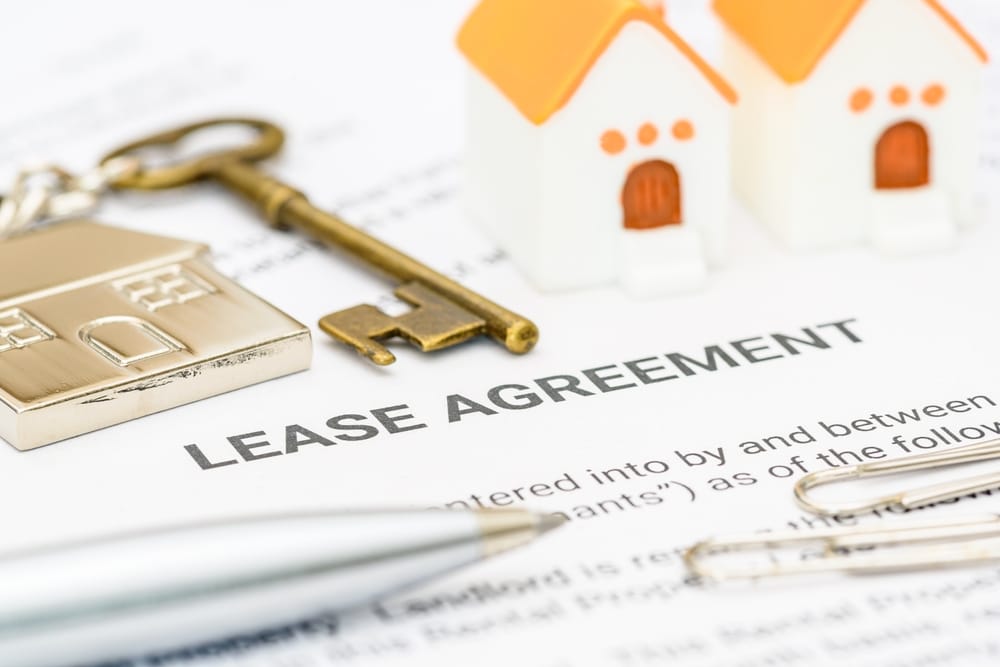Managing a rental property isn’t just about collecting rent; it’s about protecting your investment, keeping tenants safe, and staying on top of ever-changing compliance standards. Whether you’re a seasoned property manager or an independent landlord, learning how to manage a property effectively can save you time, money, and a lot of stress.
In this ultimate guide, we break down everything from tenant screening and maintenance to compliance, communication, and inspections. Let’s dive in.
Key Takeaways
- Carefully screen and onboard tenants to set the right foundations.
- Prioritise proactive maintenance to avoid costly repairs.
- Regular safety inspections are critical for compliance and tenant safety.
- Communicate openly and build strong tenant relationships.
- Keep accurate financial records and budget wisely.
- Use technology to streamline your management tasks.
- Build a network of trusted professionals to support you.
- Stay up to date with legislation changes to remain compliant.
Why Learning How to Manage a Property Matters
Owning a rental property is one of the most reliable ways to build wealth in Australia. But with ownership comes responsibility: keeping tenants safe and happy, meeting legal obligations, and protecting your property’s value.
A proactive approach reduces vacancies, prevents disputes, and keeps your returns strong. The best landlords treat property management like running a business, because it is.

Find and Screen Great Tenants
Choosing the right tenant sets the foundation for a smooth experience. It all starts with advertising that is clear, honest, and appealing. Use professional photos and highlight safety features or upgrades to stand out.
Once applications arrive, thorough reference checks are crucial. Always speak to previous landlords about payment history, property care, and any issues. Verifying employment and income helps you ensure tenants pay rent consistently.
A formal, detailed application process helps you collect key information upfront. Equally important is setting expectations clearly from day one: outline rent payment terms, maintenance responsibilities, and house rules to avoid surprises later.
Key steps when screening tenants
- Advertise clearly and highlight safety or compliance features.
- Verify references and confirm employment.
- Use a thorough application process.
- Set expectations upfront to avoid misunderstandings.
Onboarding is just as important as screening. Conduct a detailed condition report with photos and walk tenants through the property to explain key safety features like smoke alarms and water shut-offs. Providing a welcome pack with emergency contacts and maintenance guidelines shows professionalism and sets the tone for a strong relationship.
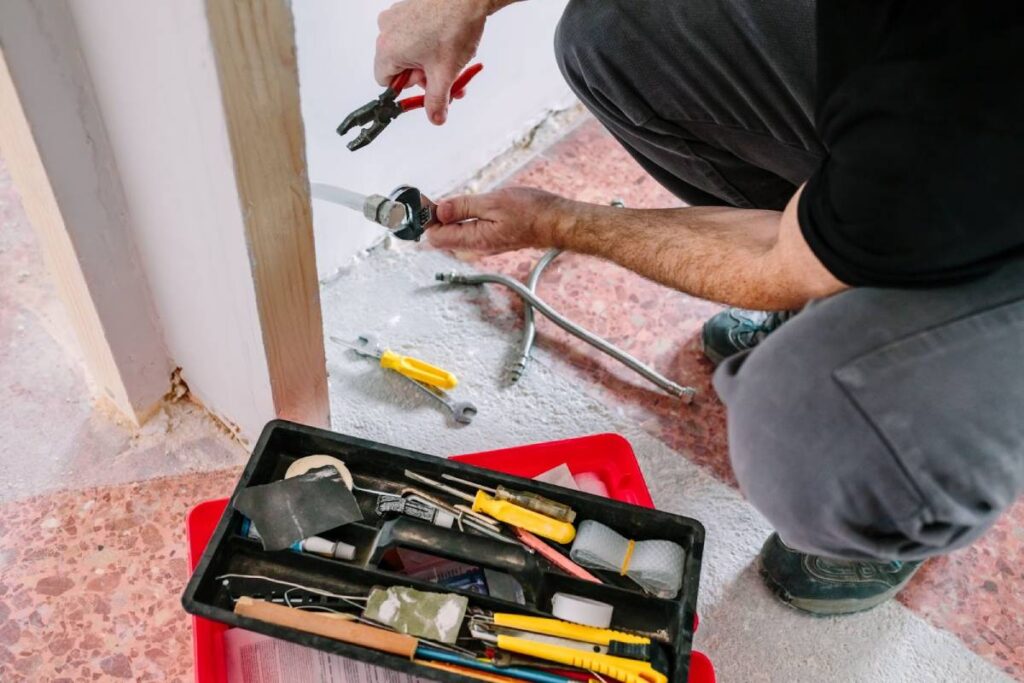
Create a Proactive Maintenance and Repairs Plan
A solid maintenance strategy protects your asset and keeps tenants comfortable. Regular upkeep, like gutter cleaning, smoke alarm testing, and servicing heating and cooling systems, prevents small issues from turning into costly repairs later.
Although you can’t always prevent emergencies, planning makes all the difference. An annual maintenance calendar is a smart way to schedule seasonal tasks and budget for them throughout the year.
Relying on tenants alone to report problems often isn’t enough. Hidden issues, like slow leaks under sinks, blocked gutters, or minor cracks, can go unnoticed and lead to serious damage.
Common maintenance pitfalls to watch for:
- Blocked or leaking gutters
- Minor water leaks under sinks or roofs
- Early signs of mould or dampness
- Cracks in walls or foundations
Setting aside 5–10% of your rental income for maintenance expenses helps you handle repairs quickly, without affecting cash flow. Always document repairs and inspections to support tax deductions, insurance claims, and compliance records.

Prioritise Safety and Compliance
When it comes to how to manage a property, compliance isn’t optional; it’s a must. Your legal obligations vary by state but usually include:
- Working, regularly tested smoke alarms
- Safe electrical and gas systems
- Secure locks and windows
- Structural safety and overall habitability standards
In Victoria, for example, landlords must meet minimum rental standards and ensure energy-efficient heating. In New South Wales, pool fencing and smoke alarm compliance are strictly enforced. And in Queensland, interconnected smoke alarms and window safety devices are mandatory.
Ignoring these requirements can lead to hefty fines, legal disputes, or even void your insurance policy. Regular inspections help you catch issues early and show you’re serious about your responsibilities.
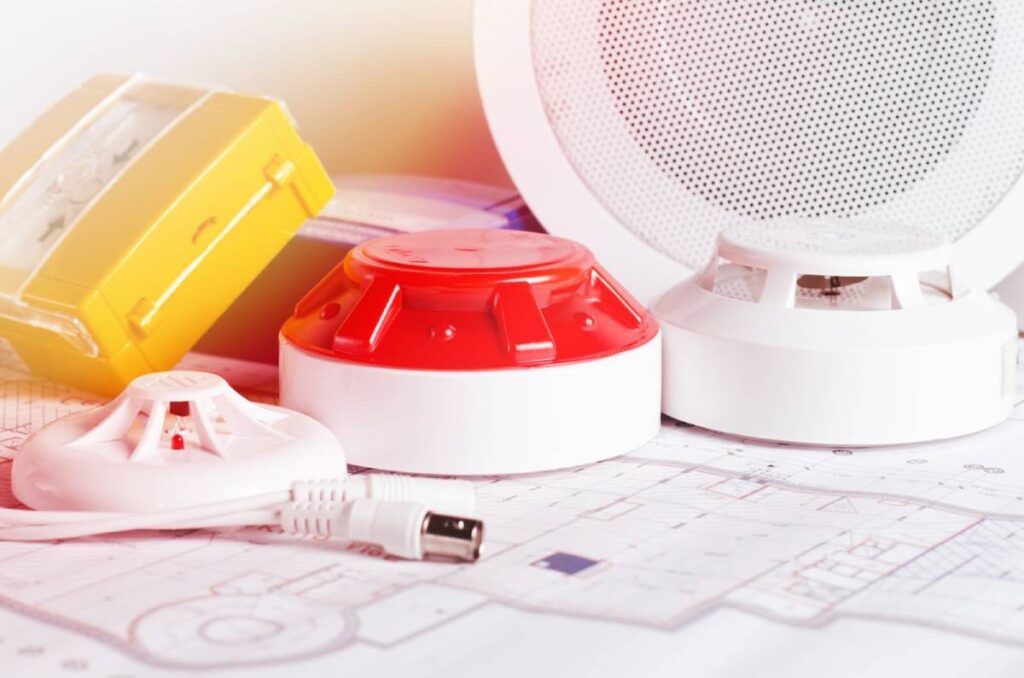
Prepare for Emergencies
Emergencies are inevitable. Whether it’s a severe storm, a gas leak or a plumbing issue, these things happen. How you respond can make or break your reputation with tenants.
Having an emergency plan ensures everyone knows what to do. Provide tenants with clear instructions on who to contact and when, and keep a list of licensed, reliable 24/7 trades on hand. Show tenants where the water, gas, and electricity shut-offs are so they can act quickly in an emergency.
Maintaining an emergency fund is essential. It allows you to fix urgent issues without delay, protecting both your property and tenant safety. Review your emergency plan annually, especially before storm seasons, to ensure it stays up to date.

Build Strong Tenant Relationships Through Communication
Good communication is the foundation of a successful rental relationship. Prompt responses to maintenance requests, polite reminders about upcoming inspections, and regular updates on property works build trust and encourage tenants to stay longer.
Proactive communication goes even further. Seasonal newsletters or updates about the local area can create a sense of community and show tenants that you care about their experience.
When disputes arise, listen actively, remain professional, and document everything. Transparency and respect go a long way toward resolving conflicts quickly and fairly.
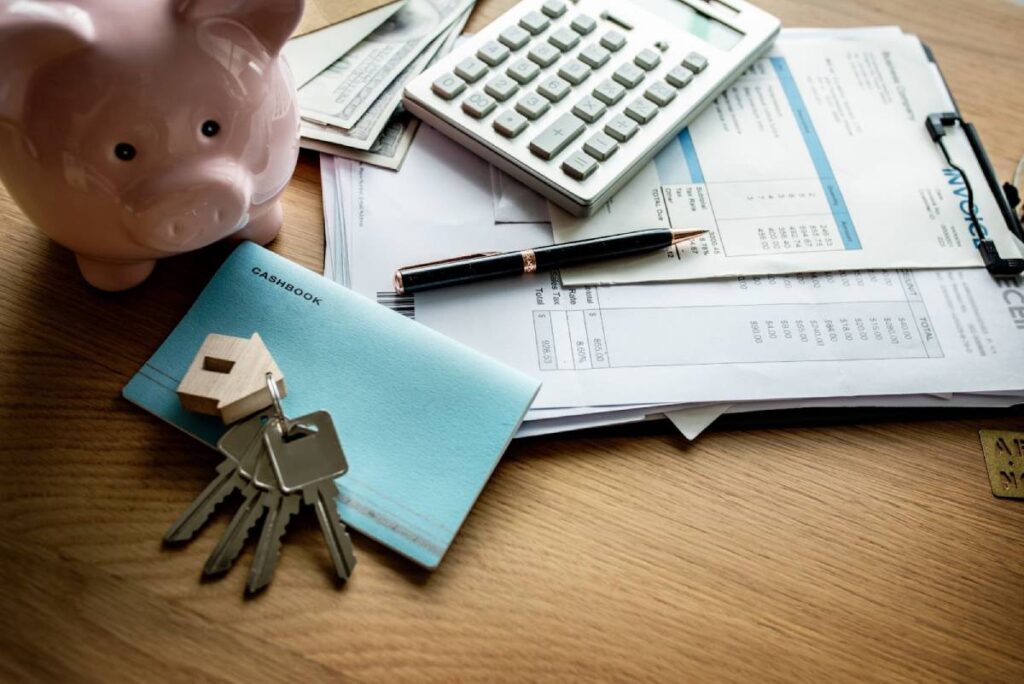
Master Your Finances and Keep Accurate Records
Managing a property successfully means more than collecting rent. It’s about ensuring long-term financial health and compliance.
Budgeting for maintenance, insurance, taxes, and upgrades allows you to plan confidently. Regularly reviewing income and expenses helps you decide when to adjust rent or improve the property to increase value.
Good record-keeping makes tax time far easier. Common deductible expenses include repairs, inspection fees, insurance, and property management costs. A property-focused accountant can help you maximise deductions and stay compliant.
Using cloud-based property management tools simplifies tracking payments, storing documents, and generating reports, keeping you organised and protecting you during audits or disputes.
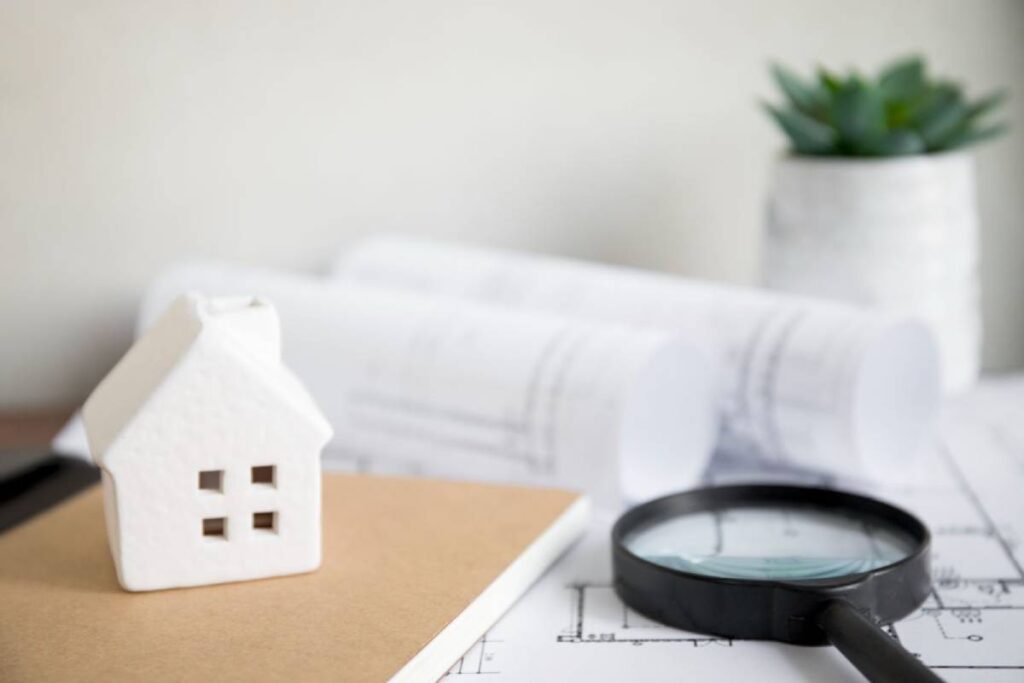
Work With Trusted Professionals
Property management doesn’t have to be a solo act. Building a network of reliable professionals supports you and protects your investment.
Your team might include:
- A property accountant for tax optimisation and cash flow management.
- A property lawyer to help with leases and dispute resolution.
- An insurance broker ensures adequate cover and assists with claims.
- Trusted, licensed tradespeople for prompt, safe repairs.
Independent inspections are just as critical. Unlike builder-affiliated checks, Landmark Inspections provides thorough, unbiased assessments focused solely on protecting your property and tenants, not on selling extra services.
Use Technology and Tools for Efficient Management
Embracing technology streamlines your processes and reduces admin headaches. Property management software can automate rent collection, maintenance reminders, and tenant communications. Digital inspection apps simplify condition reporting, while cloud storage keeps documents secure and easily accessible.
Leveraging the right tools not only saves time but also helps you deliver a more professional, transparent experience for your tenants.
Stay Updated on Regulation Changes
Rental laws evolve constantly, and staying informed helps you avoid fines and keep your property compliant.
Subscribe to newsletters from your state government or real estate institutes, and maintain strong relationships with your industry professionals.
Landmark Inspections also provides insights on upcoming regulatory changes as part of our thorough inspections, so you’re always a step ahead.
Landmark Inspections: Your Partner in Property Safety and Compliance
At Landmark Inspections, we’re proud to support landlords and property managers throughout Victoria, New South Wales, and Queensland. From Melbourne and Geelong to Sydney and Brisbane, our independent inspections empower you to manage confidently.
Our detailed 250-point reports, fast 24-hour turnaround, and clear action plans aren’t just about ticking compliance boxes; they’re about practical solutions, protecting your investment, and keeping your tenants safe.
We believe in proactive support, professional communication, and making your life easier.
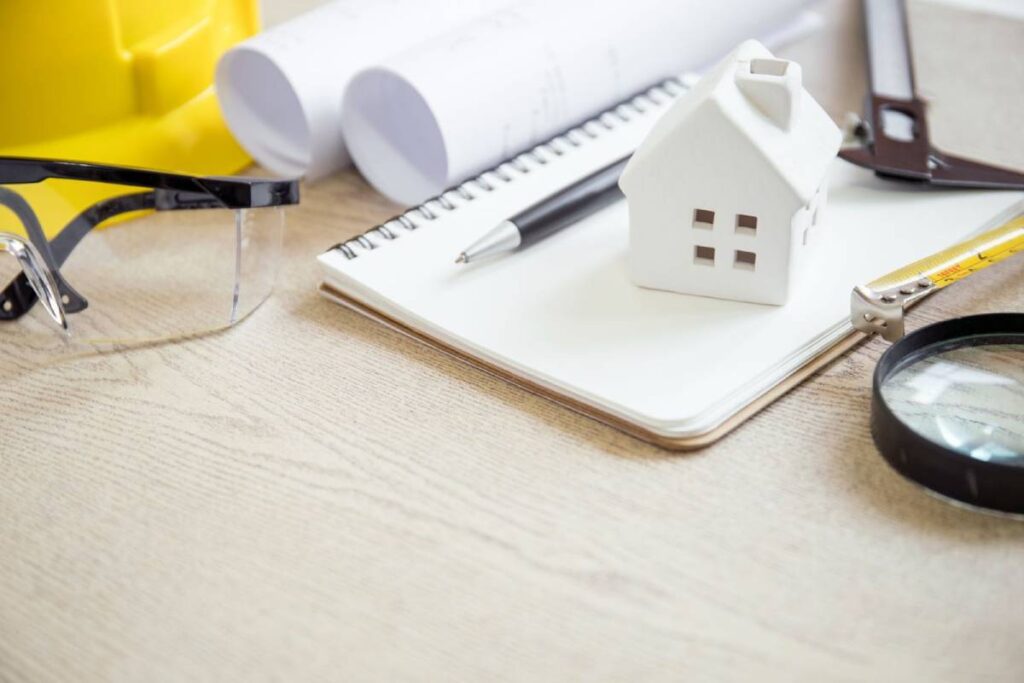
Manage Your Property with Confidence
Learning how to manage a property isn’t just about ticking boxes; it’s about protecting your investment, keeping your tenants safe, and staying ahead of legal obligations. From careful tenant selection to proactive maintenance and clear communication, each step helps you achieve a more profitable, stress-free experience. But no matter how thorough you are, one crucial element underpins it all: regular, independent inspections.
At Landmark Inspections, we understand the pressures you face. Our comprehensive rental safety inspections provide clarity, peace of mind, and a clear action plan, so you can focus on what you do best: managing your property with confidence.
Don’t wait for small issues to become big headaches. Take the proactive step and book your rental safety inspection with Landmark Inspections today.

